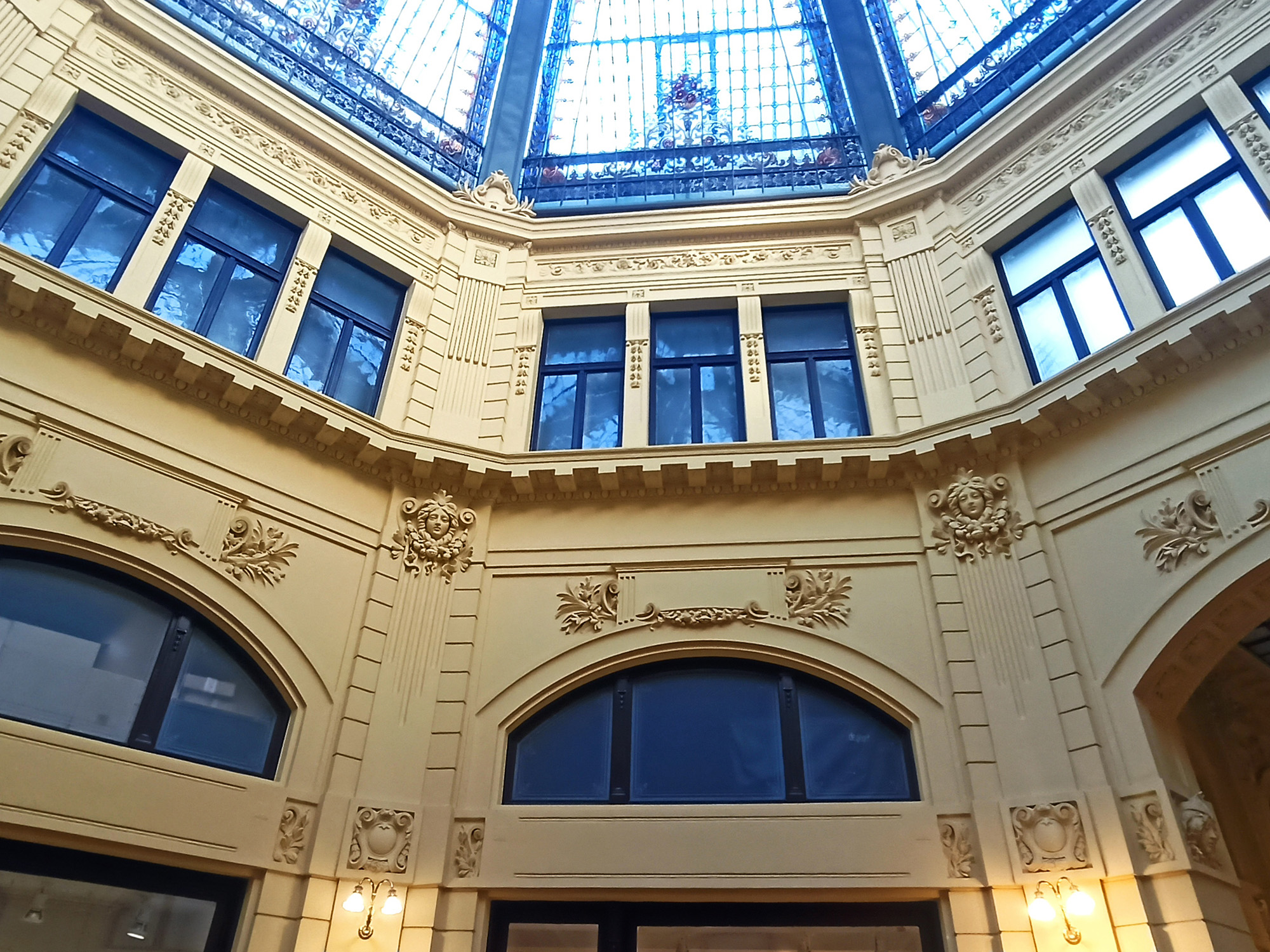After the democratic elections in 1990, local democracy in Croatia evolved through two stages. In the first phase, during the 1990s, a centralist model with limited powers of local government was put in place restricting the development of local democracy and reducing it to a lower, subordinate and narrower form of national representative democracy. During the second phase, after constitutional changes in 2000, the normative model of local democracy was amended, which was still predominantly representative; the participatory component was limited, but local democracy was liberated from previous restrictions. The number of actors in local politics (independent lists and candidates, civil society) grew and there was significant democratization of the functioning of local assemblies (increased transparency, parliamentary committees becoming more active, opposition parties becoming more notable).
Two persistent weaknesses in the representative model of local democracy, however, became quite apparent. Firstly, the influence of local voters on elections of local representatives is very small, connectedness between elected representatives and voters is weak and political parties fully dominate the process of electing local representatives. Another weakness is the oligarchic structure of political parties and their role in monopolizing the local political process and causing political clientelism and corruption, rather than acting as representative institutions. Party monopoly and undemocratic internal structure is enabled by legislation, which guarantees the parties full autonomy in managing their internal affairs and allows complete independence in selecting their candidates in elections at all levels.
The participatory model of democracy in Croatia is poorly designed and outside of electoral participation, citizens participate infrequently or not at all in direct forms of decision-making. Normative regulation supports and protects the political class: there is right to referendum, which is, however, legally and constitutionally defined in such a way that prevents its use. Other forms of inclusion in direct decision-making are defined in a way that they do not carry great importance. All of these circumstances led to the increase in clientelism and corruption, the decline of trust among citizens in local representative institutions and their alienation from politics.
Croatia is in the third phase of development of local democracy, which is connected with Croatian accession to the EU. At this stage it is important to introduce normative and political changes that can improve the quality of local democracy: increase citizen participation, revive political competition and limit monopoly and cartelization of political parties, revitalize internal party democracy, strengthen the role of voters and allow a greater connection between representatives and voters.
This text is part of the Decentralization and Local Governance: Prospects for Reform project implemented by Centre for Democracy and Law Miko Tripalo


